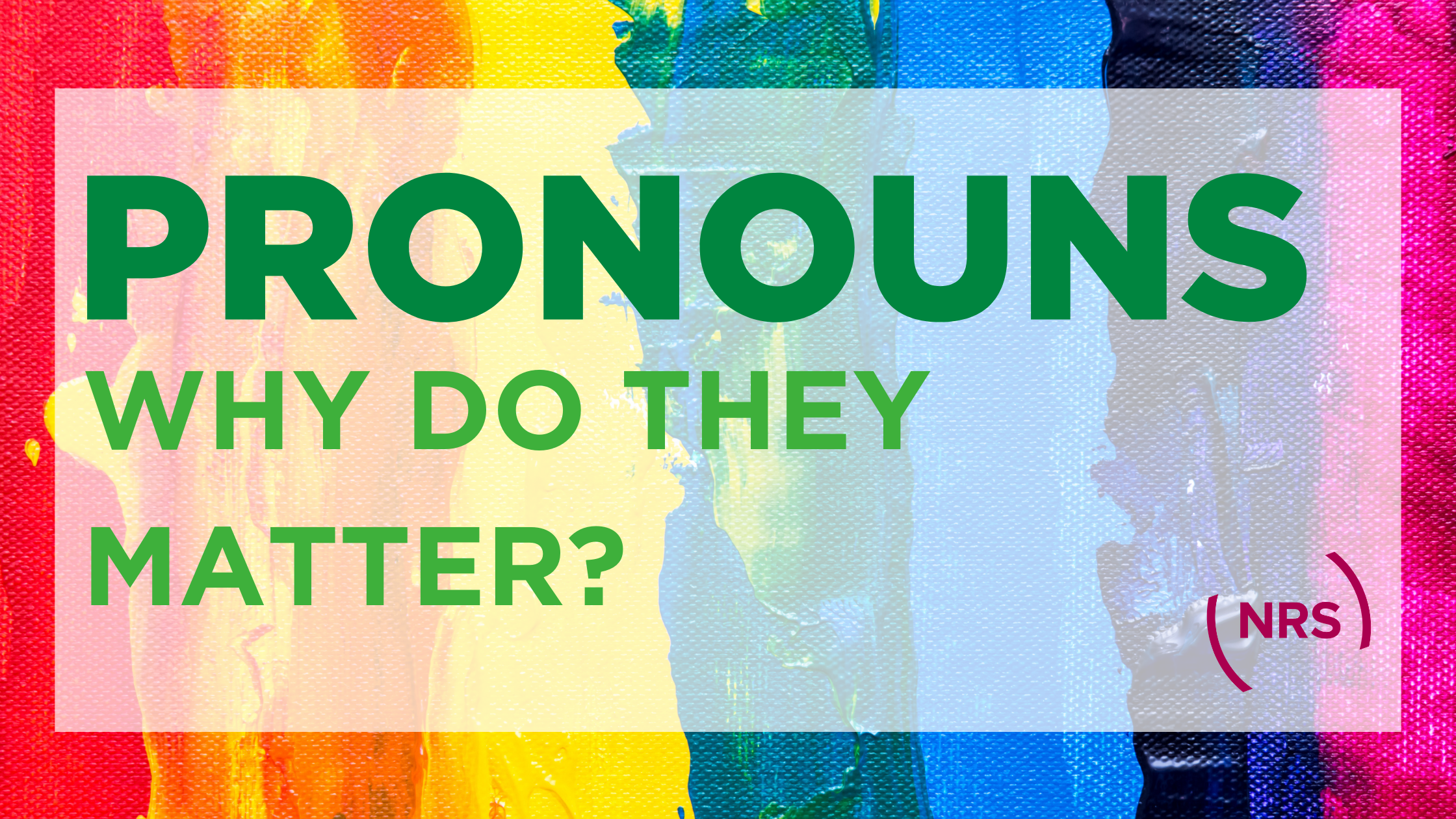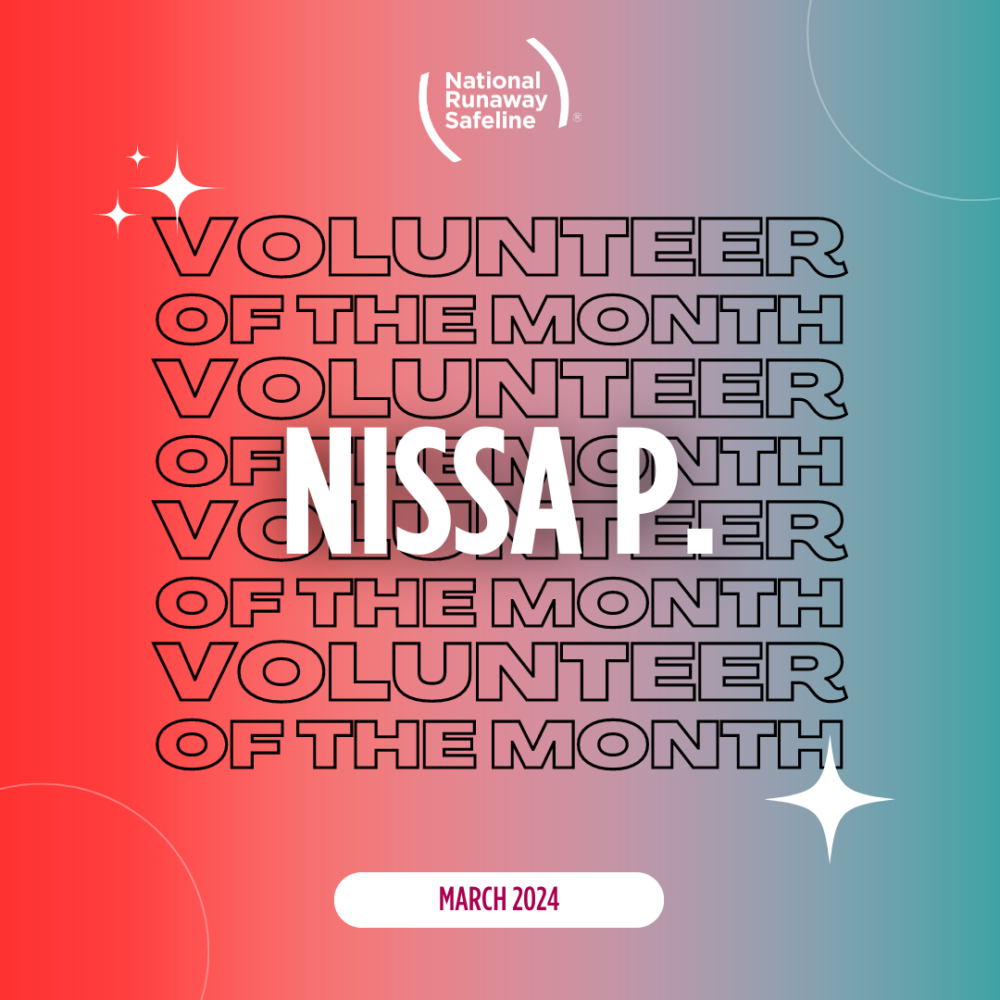At NRS, one of our most important and cherished values is to empower the young people and families who reach out to us. “Empowerment” is not a placeholder that we lean on, but on of the foundations of our services and support. We want young people to feel safe and loved, and to have the confidence to create a life that is meaningful to them.
This is important for all young people, and especially for those in the LGBTQ+ community. Last year, over 7% of our crisis calls voluntarily identified themselves as transgender and/or nonbinary, and LGBTQ+ issues such as discrimination, coming out, being kicked out, etc., were cited over 2,000 times as the reason young people reached out to us.
One key way to empower young people is to respect and use their pronouns. Research shows that when young people feel validated and heard, it can improve mental health outcomes and self-esteem.
When we respect and honor the genders of people around us, we respect and honor their existence. LGBTQ+ young people constantly face barriers, including barriers to access of services, barriers in the workplace, and in some cases, barriers to a safe place to call home. Many young people are kicked out of their homes and communities due to their identity.
Respecting people’s pronouns is not the solution discrimination, prejudice, and disrespect. However, it can be the difference between tearing a person down or showing them that there is someone who truly respects who they are. Most importantly, transgender and nonbinary youth whose pronouns are respected are half as likely to attempt suicide than those whose pronouns are not respected.
When it comes to respecting someone’s pronouns, here are a few quick tips to think about:
Always ask someone what their pronouns are if they do not voluntarily share them. It can be harmful to make assumptions. Alternatively, provide your own first, to make it clear that you aren’t making assumptions
When talking about someone to a family member/friend/colleague, it is very important that you continue to respectfully use correct pronouns.
If someone corrects you for misgendering them or another person, avoid getting defensive or making a big deal about. Just politely apologize and move on.
Correcting pronouns is not an attack, but a reminder of the person’s identity. Respect it.
Mistakes are normal. You are deconditioning a societal norm and that takes time. Like most skills, you won’t immediately be perfect, but practice helps.
Never, ever refer to someone as their incorrect pronoun with malicious or rude intent, even if you don’t like them as a person.
Keep looking for ways to educate yourself and other cisgender, heterosexual people around you. No one ever stops growing and learning.
Common pronouns include:
They/Them/Theirs (Yes, the singular “they” is grammatically correct)
Ze/Zir/Zirs (Pronunciation: zee/zer/zers)
She/Her/Hers
He/Him/His
People are not given the choice of their gender identity or who they love. However, it is a choice to live in ignorance and to harm people in the process. This Pride Month, commit to validating people’s truth. Work to accept and value the differences present in every individual. Honor people and their individuality every day, those that you know and love, and those that you don’t.




